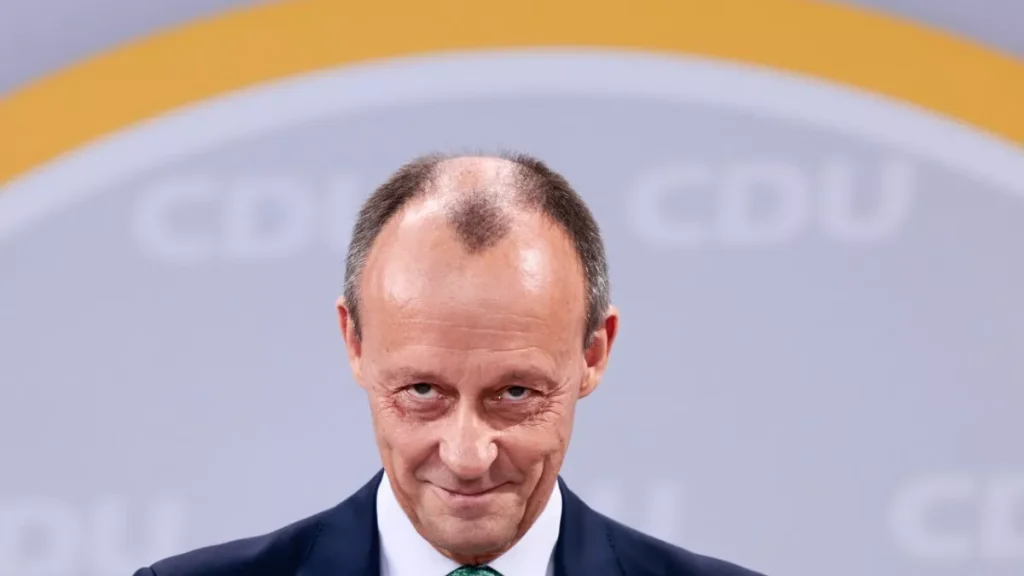Germany’s chancellor-designate has already signalled a new chapter for Europe, even before the final election results were announced on Sunday.
Friedrich Merz criticised the United States for its apathy toward the continent’s future and urged Europe to enhance its defence capabilities without delay.
Such a stance from a close ally of the US—particularly from Merz, who is typically a strong supporter of transatlantic relations—would have been unimaginable just a few months ago.
This represents a significant transformation. While that may sound exaggerated, the transatlantic dynamics we witness are unprecedented in the eight decades since World War II ended.
European nations have been deeply unsettled by the Trump administration’s actions, which has raised concerns that it might withdraw the security commitments to Europe established in 1945.
On Sunday, Friedrich Merz equated Donald Trump’s America with Russia—both viewed here as broader threats to European security, saying that Europe is now caught between these two nations, necessitating immediate action.
Merz has indirectly acknowledged feeling a sense of FOMO—fear of missing out. “Germany should rightly be included this week,” he stated, recognising that Berlin is one of Europe’s three major powers, alongside France and the UK.

With the US and Russia engaging in bilateral discussions concerning, but not with, Ukraine, it feels as though we are witnessing a return to significant power politics on a global scale.
However, Germany has been notably absent from the European and global scenes for some time now. The previous government here was hampered and preoccupied by intense internal disputes.
Merz stressed that re-establishing Germany’s international engagement is a primary concern. The country is already the second-largest provider of military assistance to Ukraine, trailing only the US.
While Merz wishes to maintain that support, he has been hesitant about deploying soldiers to Ukraine to support a potential ceasefire there, unlike his French and British counterparts.
Given Germany’s history of being slow to respond at different stages of supporting Ukraine, despite ultimately providing more aid than any of its European neighbours, a current reluctance regarding troop commitments does not rule out future participation in any form of a European “reassurance force” in Ukraine.


 Trending
Trending 